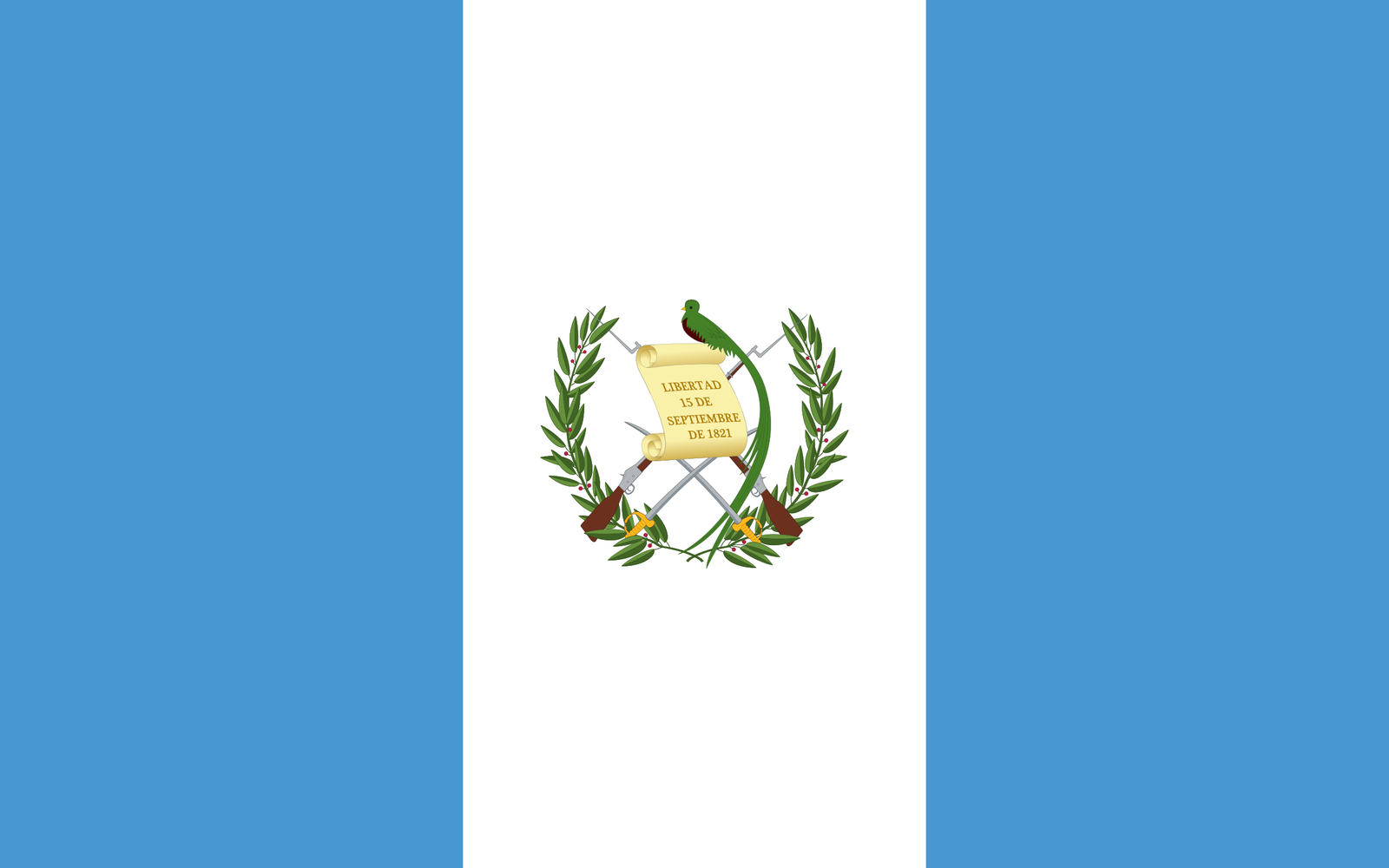A Coffee Odyssey through Rich Landscapes and Flavorful Narratives
Guatemala, nestled in the heart of Central America, is renowned for producing some of the world’s finest Arabica coffee beans. The country’s diverse landscapes, ranging from volcanic highlands to rainforests, contribute to the unique flavor profiles of Guatemalan coffee. Guatemala’s coffee industry is characterized by high-altitude cultivation, meticulous processing methods, and a commitment to quality that positions it as a prominent player in the specialty coffee market.
One of the key factors shaping Guatemala’s coffee profile is the high-altitude cultivation of Arabica beans. The country’s coffee-growing regions, including Antigua, Huehuetenango, and Cobán, boast elevations ranging from 1,200 to 2,000 meters. The combination of volcanic soils and cooler temperatures at these altitudes results in slow bean maturation, contributing to the development of nuanced and complex flavors.
Antigua, nestled between three volcanoes, is one of Guatemala’s most celebrated coffee regions. Coffee from Antigua is known for its full body, bright acidity, and a flavor profile that often includes notes of chocolate, floral undertones, and hints of spice. The volcanic influence and the region’s microclimate create conditions conducive to producing some of the most sought-after Guatemalan beans.
Huehuetenango, situated in the highlands near the border with Mexico, offers coffee with distinct characteristics. The altitude, combined with warm days and cool nights, imparts a bright acidity and a flavor palette that can include fruity and winey notes. The diverse microclimates within Huehuetenango contribute to the variability in taste, making each harvest a unique expression of the region.
Guatemalan coffee is typically processed using the washed method, emphasizing cleanliness and clarity of flavors. This method involves pulping the coffee cherries, fermenting the beans, and washing them before drying. The meticulous processing contributes to the vibrant acidity and distinct taste that define Guatemalan coffee.
Sustainability and ethical practices are integral to Guatemala’s coffee industry. Many coffee farmers in the country adhere to environmentally friendly cultivation methods, and certifications such as Rainforest Alliance and Fair Trade are becoming increasingly common. These initiatives not only support the preservation of the natural environment but also contribute to the well-being of the communities involved in coffee production.
Guatemala’s coffee profile has gained international recognition, with terms like “Antigua coffee” and “Guatemalan single origin” becoming synonymous with quality and flavor diversity. The country’s coffee regularly receives high scores in cupping competitions, further solidifying its reputation in the specialty coffee market.
The socio-economic impact of the coffee industry in Guatemala is significant, providing employment and income for a substantial portion of the population. Many coffee farms in Guatemala are family-owned, and the cultivation of coffee is deeply ingrained in the country’s cultural heritage. The industry’s success contributes to the economic development of rural areas and the overall well-being of local communities.
In conclusion, Guatemala’s coffee profile is a testament to the country’s commitment to quality, sustainability, and flavor diversity. As coffee enthusiasts savor the beans from Guatemala, they embark on a sensory journey through the high-altitude regions and diverse landscapes that define this Central American gem. Beyond the exquisite flavors in the cup, each sip tells a story of tradition, meticulous craftsmanship, and the enduring passion of Guatemalan coffee producers.
Tags: coffee grower, Guatleala

